
Before I could hold a decent conversation in Spanish, I had to come up with a few tactics to act like I knew a lot more than I really did. I dove in head first when I arrived in Buenos Aires, trying to learn the language as fast as possible, but the fact is it takes time. So what do you do until that point? I scored the bartending gig right away, but working with all Argentines made it difficult for me to communicate even at the most basic level.
Why fake it? Well, if I didn’t pretend to know more than I really did, eventually people would stop talking to me. If you say “I don’t know” or “I don’t understand” enough times people are going to just start asking somebody else. Especially when it’s a waiter needing a drink or a customer wanting some food.
Below is a list of 8 things that I’ve learned along my quest to learn Spanish and become part of the community. These are things that I’ve done, mistakes I have made and also stuff that I have noticed other English speaking foreigners do.
8 Ways to Fake it ’til You Make it!
1. Master the greeting:
You have to be able to greet anyone and everyone. From taxi drivers and classmates to the hottie at the bar, a solid greeting can make or break a lot for you. This could be the determining factor in you getting ripped off (or not) on the streets. How you say “Hola” is very important. After living in Argentina for about 6 months, I could tell where someone was from as soon as they opened their mouth 75% of the time. Really work on your hello, change up how you say it depending on the person you greet (formal, friend, etc).
Different countries have different salutations, but for Argentina this how you would usually follow “Hola…”
- “Como estas” – how are you?
- “Que tal” – what’s up?
- “Como andas” – how’s it going?
- “Como te fue” – how did it go (for you)?
P.S. Don’t make it weird… learn how to greet without words also. See: How to Kiss like a Porteño
2. Begin a Sentence:
Once you get past the greeting your first question/remark can also be your last. Instead of saying a very english “Ummm” as you’re thinking of what to say, learn what noise locals make when they think/talk. Like, in many Latin American countries people say “aeeeeee”.
From there, the hardest part (for me) is starting the sentence and getting the words out correctly. So what I did was start by mumbling. Really! I mumbled in a low, fast voice until I could pick up the part of the sentence where I knew the words. For example, in restaurants, I didn’t know how to say “may I order…” correctly so I mumbled (in an Spanish pitch) until I got to the food/drink I could pronounce. This turned into him not hearing well and not me speaking bad Spanish! Win.
NEXT LEVEL: Say “che” (hey) before everything you say when in Argentina and end with “boludo” (means stupid but is used for much more). Most popular phrase… Che boludo!
3. Stop saying YES:
I have noticed that a lot of tourists will say “si” all the time when speaking with someone in Spanish. Don’t. It’s not like the scene in Dumb & Dumber when they pick up the Mexican hitchhikers and sing Mockingbird.
If you understand what someone is saying try using other words like “claro” (clearly) or “como no” (why not – formal). If you don’t understand, wait for your moment to say so. If you think it’s important, try “como?”(huh?) or “la vuelta” (come again) like you didn’t hear them.
NEXT LEVEL: When agreeing with someone or excepting something, say “dale” (doll-A) instead of “si” which is the colloquial way of saying “okay”.
4. Question Master:
Learn question words. They will help you communicate with everything.
- “Que” – What
- “Quien” – Who
- “Como” – How
- “Cual” – Which
- “Cuando” – When
- “Cuanto” – How much
- “Cuantos” – How many
- “Donde” – Where
- “Porque” – Why
5. Speak with Conviction:
Many Americans and Brits I’ve met, who “speak good Spanish” are too embarrassed or nervous about really speaking the dialect. When learning a new language you have to open your mouth and really focus on the sounds of the word. Once I know what I want to say, I speak soft but with conviction.
This kind of contradicts the mumbling but they really do work together nicely. I over exaggerate the words when I read them in a menu. Even if the word is in English I say it with as much Spanish as possible. Like Vodka is pronounced “BOdka” and Buffalo, New York is “BOOffalo, Nueva SHork”. Sometimes for fun, I even pretend to struggle with the English words on the menu. It gets the waiter all thrown off to where I’m from.
I good exercise is mocking the people you hear in the street or on TV by over-exaggerating their comments.
6. Listen to Respond:
This one takes some practice. If you listen very carefully to how people speak you can tell if what they are saying merits a response and what type. Listen to tones. I have noticed that when someone ends a sentence with a higher tone they are often expecting a response. I bet there are some scientific facts behind this.
7. Use your Smile as a Sword not a Shield:
Your body language effects how you speak and communicate. Since week one in Buenos Aires, I’ve been stopped and asked for directions a million times. That’s because I learned how to walk the walk. I mimic what I see in the streets. I study the mannerisms. I walk with a purpose. I don’t say sorry if someone runs into me. I use my smile as a sword not a shield. Meaning, I use it when I need it, not all the time. Many travelers smile for no reason when they are in a foreign place and that’s just not normal. I’d like to think that all these things helped me go almost a year in Argentina without once getting pick-pocketed, mugged or ripped off.
8. Shut Up!
This last one is just a damn good life lesson. Before I lived abroad I talked all the time. I entered a room talking instead of listening. However, when you walk into a room and you have no idea what anyone is saying it forces you to keep quiet. I’m not going to lie, it killed me at first, there were so many comments I wanted to make that I just couldn’t. Over time I learned to use it as a strength rather than weakness. It’s amazing what your eyes and facial features can do. For all the guys reading this, try playing the “strong, silent type” at a party one time and see how it works out for you.
For example, one night I was at the Hype party @ Kika nightclub in Palermo, Buenos Aires with a few friends and noticed two beautiful, dark-skinned, english-speaking, bombshells surrounded by a sea of male-admirors in the middle of the dance floor. So, I walked up and started dancing with them without saying a word. We danced for a half hour with them speaking and singing (in english) together and me with my mouth closed. Finally, they pulled me off the dance floor and asked if I spoke English. I couldn’t pass up the opportunity… I said it my worst Spanish accent possible “a little bit”. They were so excited about meeting a nice Latin guy that they wanted to hang out all night. I maybe said 3 words the entire time.
“In bocca chiusa non entran mosche” – Italian
“El pez por la boca muere” – Spanish
EXTRAS:
My best advice for learning another language: Throw yourself out there and build tough skin. And… like everything in life, make sure you’re having fun and laugh at yourself often.
Good Spanish phrases to get you started (I try not to use 2 of these often):
- No se – I don’t know
- No entiendo – I don’t understand
- Quieres venir a mi casa – Do you want to come to my house?
What helped me: I learn Spanish for the streets, not the tests, with help from the Bueno, entonces Spanish learning program.

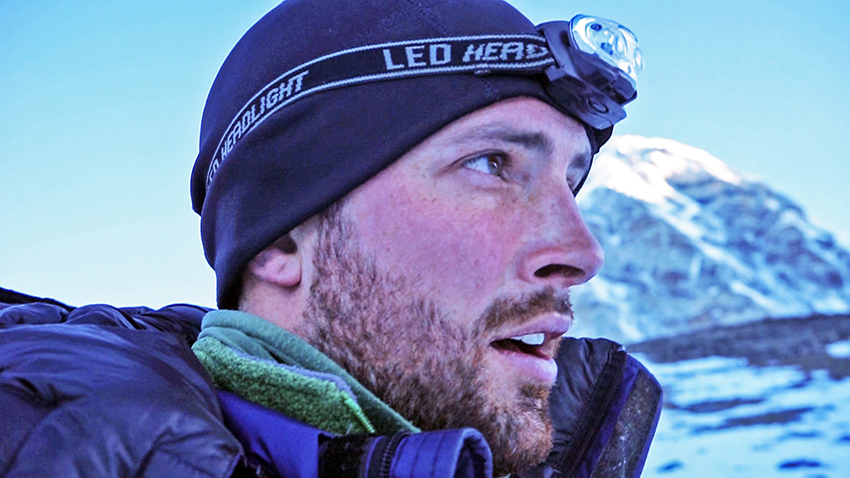
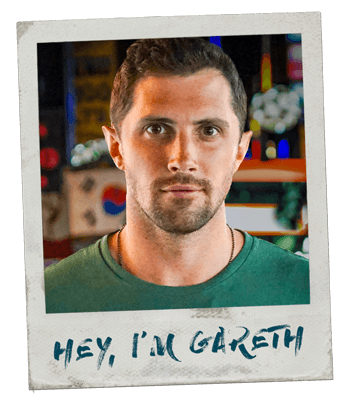




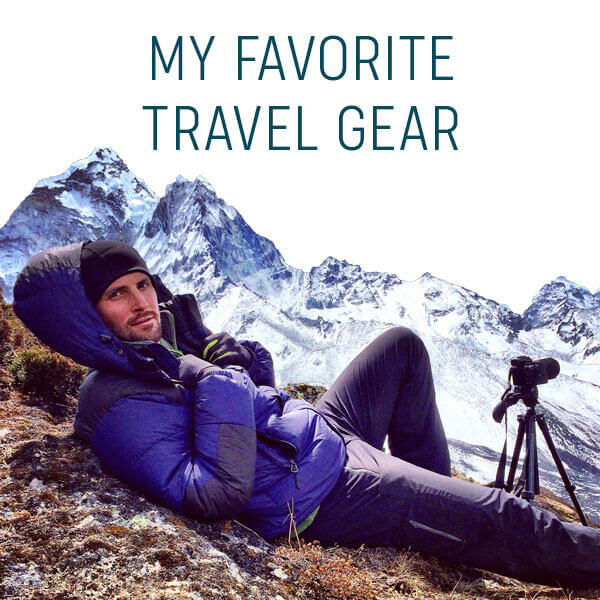


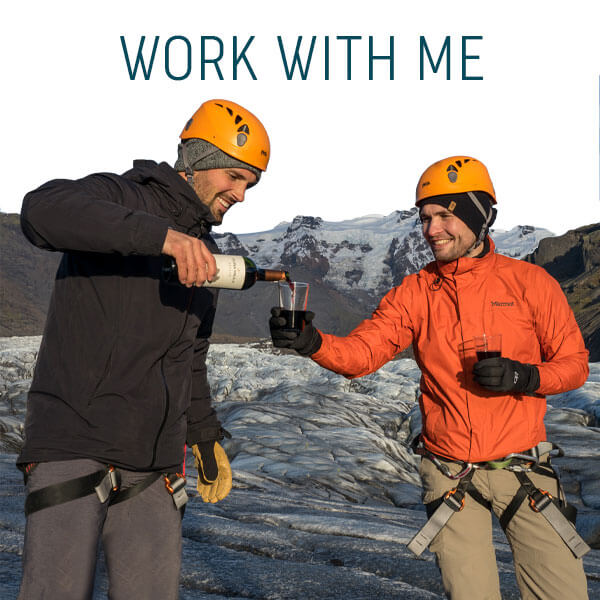

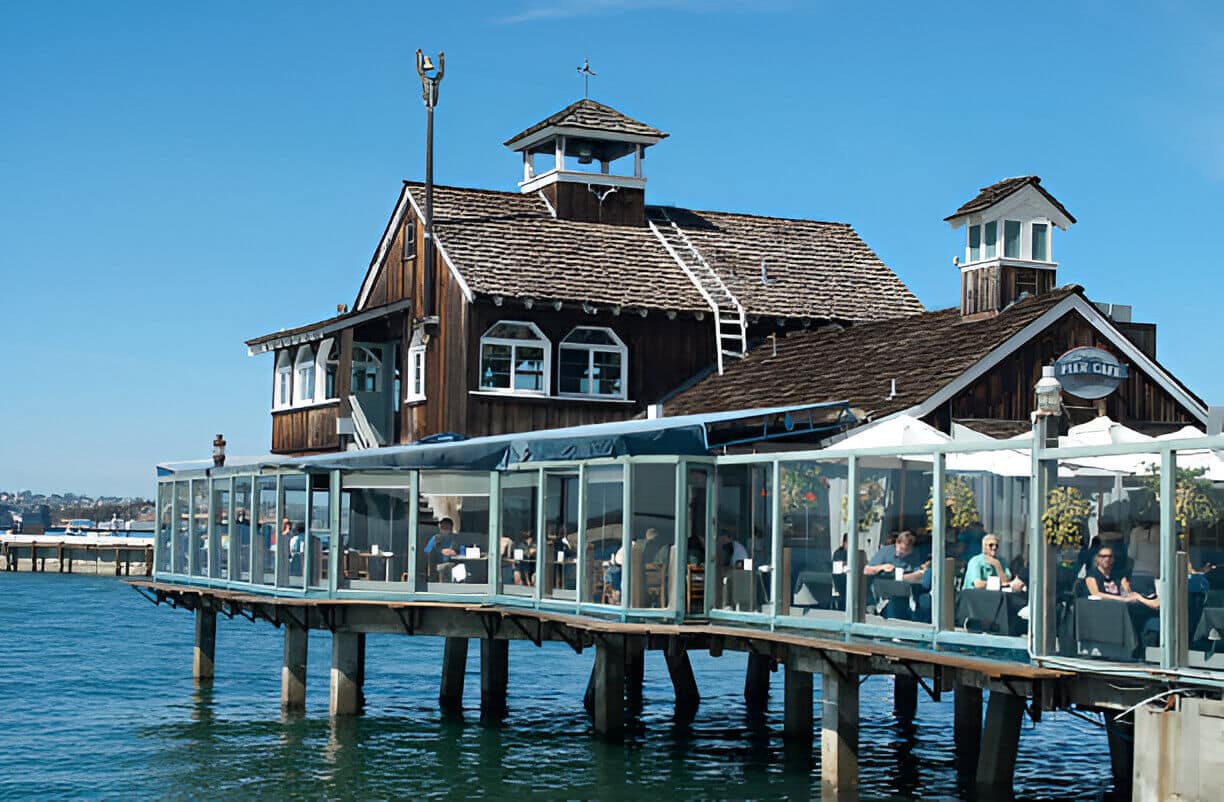
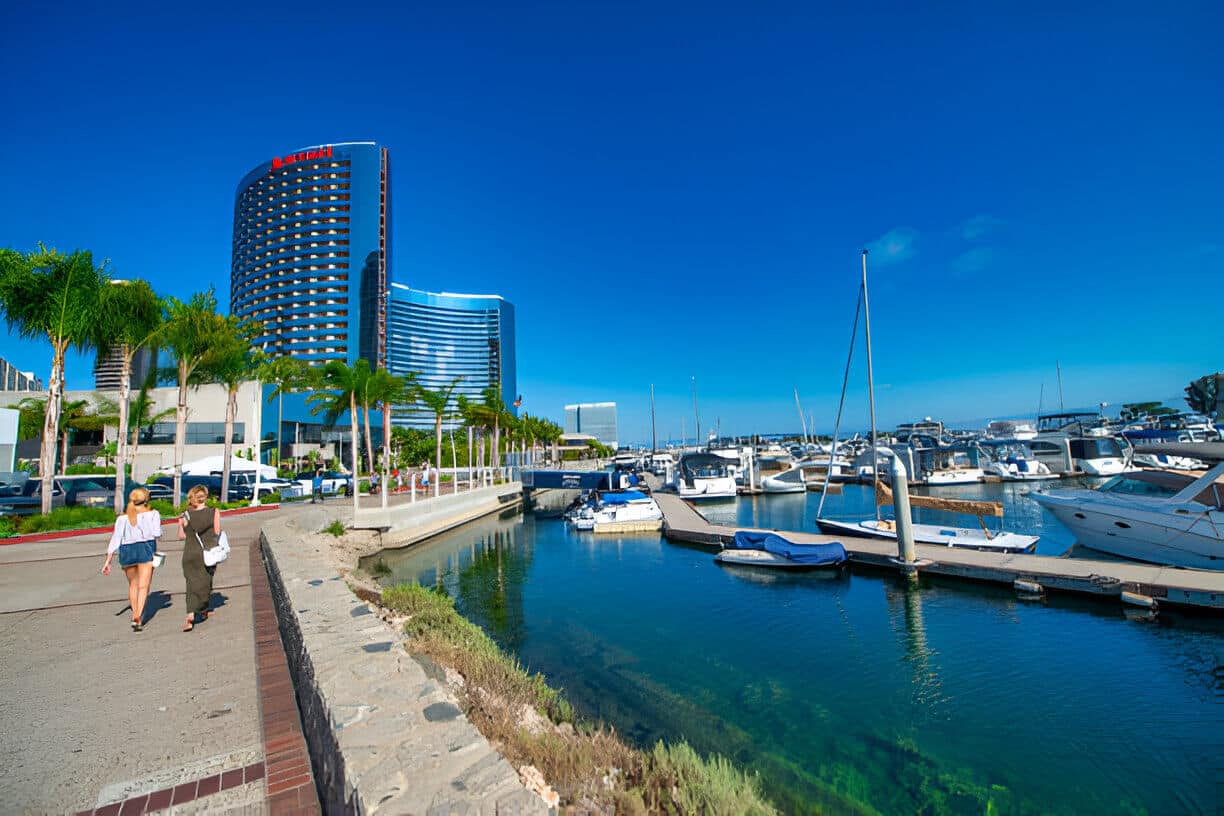

7 Responses
Very informative thank you for sharing
I think those advices can be applied to any language someone wants to learn! REally great tips!
Marysia @ My Travel Affairs recently posted..10 Things about Oman You didn’t Know
You’re last point is the best one. “I learned Spanish for the streets, not the tests”…I think more language programs should embrace how talking and interacting with the locals is that really makes learning successful. I really enjoyed a lot of these points and totally agree that faking it takes you places. Great article Gareth
If you know good Spanish, speak it. You don’t have to lower your language to the level of the average street lout in Buenos Aires or anywhere else, any more than when you speak English you don’t need to lard your language with “like” or “awesome” or “dude”, unless–if you must–you’re under 12. The prevalent “youth culture” is rather contemptible and tends to prolong adolescence well into middle age. Correct language and a little dignity are respected everywhere as long as you’re not arrogant or presumptuous.
A very informative post about Spanish speak. I really enjoyed this list.
fingir hasta que lo hagas es correcto en espanol. si o no?
Hi Gareth, thanks for the great post. I strongly agree with tip #8 and the image is cute.